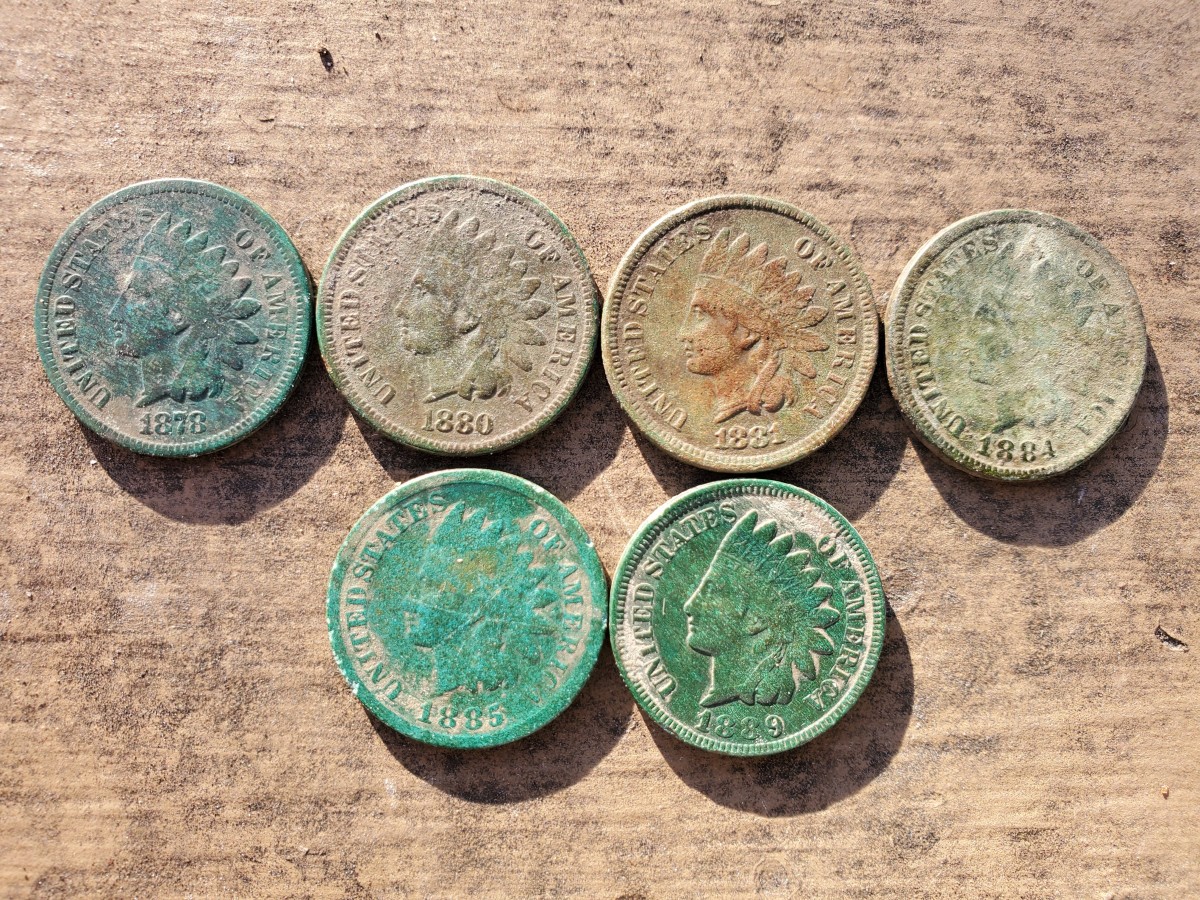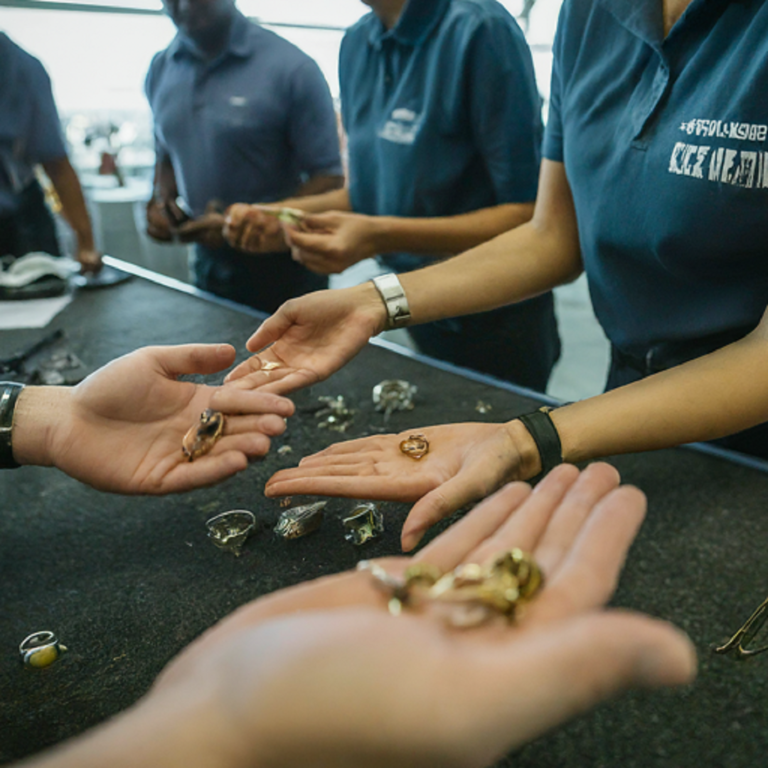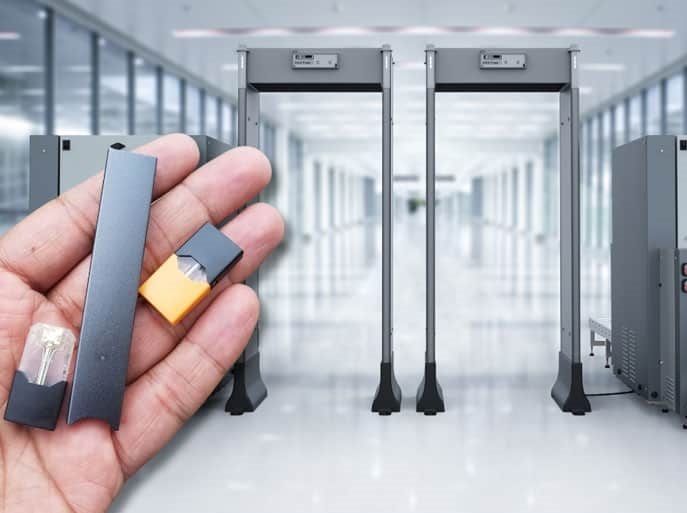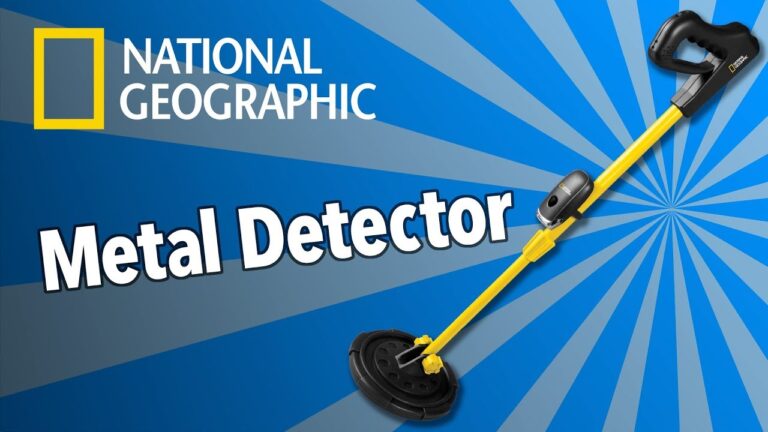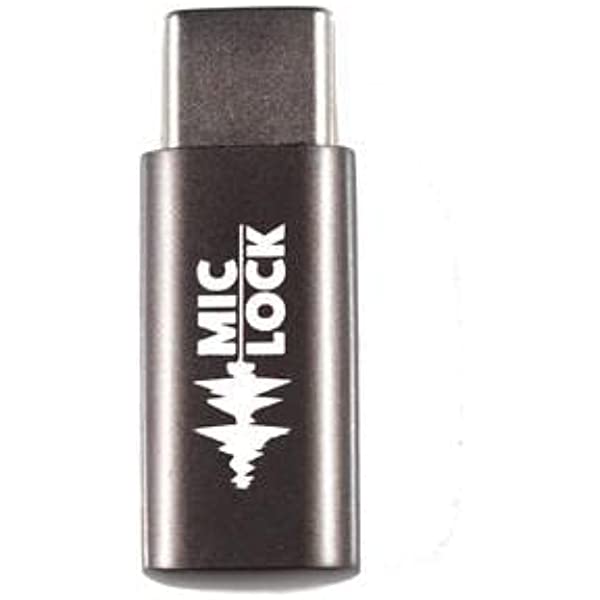Can I Metal Detect Without Permission
Using a metal detector without the landowner’s permission is not advisable, as you could be trespassing. If you do get permission, make sure to follow any rules or regulations that are in place. In some areas, you may need a permit to use a metal detector. Let’s learn more about the most asked beginner question; Can I Metal Detect Without Permission?
- Research the area you want to metal detect in
- Look for public parks, beaches, or other areas that are open to the public
- Get a metal detector that is appropriate for the type of terrain you will be searching in
- Practice using your metal detector in an area where you have permission to do so, such as your backyard
- This will help you get a feel for how it works and what types of objects it can detect
- Once you have perfected your technique, head to the area you researched in Step 1 and start scanning for treasures! Be sure to fill any holes you dig and respect private property boundaries.
Can I Keep What I Find Metal Detecting?
In short, the answer is “It depends.” Here in the United States, laws govern what you can and cannot keep when metal detecting, varying from state to state. In general, however, you can keep any coins, jewelry, or other artifacts you find on public land.
If you need to check whether an area is public land, a good rule of thumb is to check with your local parks department. If you find anything of value on private property, it’s best to check with the owner before keeping it. In some cases, they may be happy for you to keep what you’ve found; in others, they may want it returned or even want to be compensated for it.
It’s always best to err on the side of caution and get permission first. Finally, if you’re planning on detecting metal in historical or archaeological areas (such as battlefields), be aware that additional restrictions may exist. These sites are protected by law; removing artifacts from them is considered looting and can result in heavy fines or even jail time.
So if you need help determining whether you can keep something you’ve found while metal detecting, your best bet is to consult a knowledgeable local before taking anything home.
Where Can You Legally Metal Detect in Wisconsin?
There are many places in Wisconsin, where you can legally metal detect. Some popular spots include state parks, forests, beaches, and public hunting grounds. Always be sure to check the rules and regulations of the area before you start detecting, as some areas may have restrictions on what types of activities are allowed.
Where Can I Metal Detect in the UK Without Permission?
There are many places in the UK where you can metal detect without needing permission, as long as you follow the Countryside Code. This includes any public space such as parks, beaches, and forests. You should always check for signs prohibiting metal detection and fill any holes you dig.
Here are a few well-known spots for metal detecting: The Cornish coast is a great place for beachcombing and metal detecting. Many shipwrecks have been discovered here, making it a popular spot for treasure hunters.
The Peak District is a beautiful area of natural beauty that is perfect for a hike with your metal detector. There are many old mine shafts, ruins to explore, and stunning scenery to enjoy. North Wales is another excellent spot for those interested in history and archaeology.
The Roman fort at Caerleon is particularly worth a visit, as many finds have been made here, including coins, jewelry, and pottery fragments.
Where Can I Metal Detect in Virginia?
There are many great places to metal detect in Virginia! Here are a few of our favorites:
- The Virginia Beach Oceanfront – There is no better place to hunt for lost treasure than the beach! The ocean has a way of washing up all sorts of interesting items on the shore, so be sure to bring your metal detector next time you visit Virginia Beach.
- Colonial Williamsburg – This historic area is full of potential finds! There’s no telling what you might uncover, from old coins to lost jewelry, while exploring Colonial Williamsburg. Just be sure to get permission before digging around this popular tourist destination.
- Jamestown Island – Another great spot for history buffs and treasure hunters, Jamestown Island is loaded with potential finds. Keep your eyes peeled for old coins, buttons, and other small objects that may have been lost over the centuries.
- Shenandoah National Park – If you’re looking for a more scenic setting, head to Shenandoah National Park, where you can comb the forests and streams for hidden treasures. Be sure to obtain a permit before prospecting in this beautiful parkland.
Metal Detecting Laws Texas
In Texas, using a metal detector in all public places, including state parks and beaches, is legal. However, there are some restrictions in place. For example, digging holes larger than 12 inches deep or removing any artifacts from state parks without a permit is not allowed.
It is also important to be aware of private property rights – always get permission from the landowner before using a metal detector on their property.
Is It Illegal to Use a Metal Detector in a Public Park?
Most public parks in the United States are owned and operated by state or local governments, which means that there are a variety of laws and regulations governing what activities are allowed on park property. However, it is generally legal to use a metal detector in a public park. There are a few caveats, however.
First, it is important to check with the specific park you plan to visit to see if there are any special rules or regulations regarding metal detecting. Some parks may have bans or restrictions due to cultural or historical considerations. Second, even if metal detecting is allowed, follow all posted rules and regulations regarding where to search and how to respect the park’s natural resources.
Finally, always remember to fill in any holes you dig!
Why is Metal Detecting Illegal
If you’ve ever been to the beach, you may have noticed people walking around with metal detectors. While this might seem like a harmless hobby, it’s illegal in many places. Metal detecting is often seen as a threat to historical sites and archaeological treasures.
When people go searching for metals, they can unintentionally damage these sites. In some cases, people have even stolen artifacts from these locations. There are also safety concerns associated with metal detecting.
If someone were to find a live bomb or other explosive device, there could be serious consequences. For this reason, many countries have decided to ban metal detecting altogether. So if you’re considering taking up this hobby, check the laws in your area first.
Otherwise, you could end up getting into trouble with the law!
Conclusion
If you want to metal detect without permission, there are a few things you need to know. First, it is important to research the laws in your area. Some states have laws that require you to get permission from the property owner before you can metal detect.
Other states have no such laws. In general, it is best to err on the side of caution and get permission whenever possible. Second, even if it is not required by law, getting permission from the property owner is always a good idea.
It shows that you respect their property and are considerate of their wishes. Metal detecting can be disruptive, so ensuring the property owner is OK with it before proceeding is important. Third, even if you have permission to detect metal on someone’s property, some etiquette rules should still be followed.
For example, digging large holes without filling them back in afterward is generally considered rude. Try to leave the area as undisturbed as possible when you are finished detecting. Metal detecting can be a great hobby, but it is important to do it respectfully.
Always get permission before starting, and follow any rules or guidelines the property owner sets.

